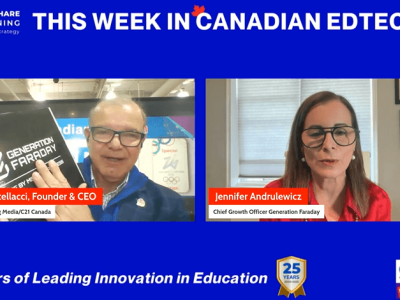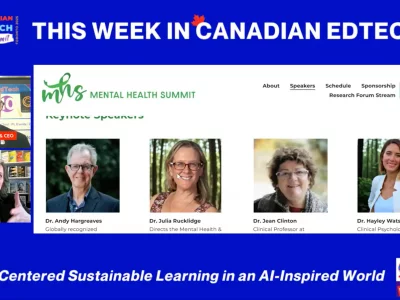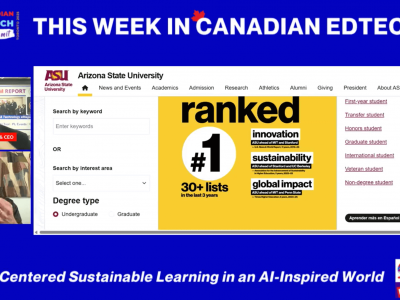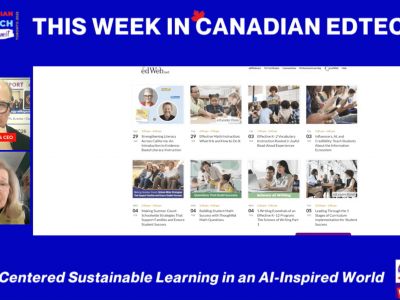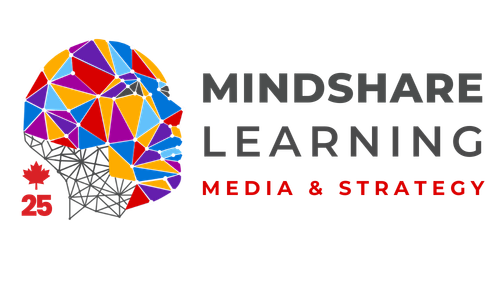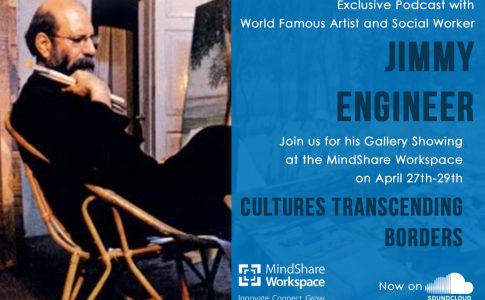by Joseph Wilson, Senior Strategist Education, MaRS Discovery District
This week, as nervous children head back to school for another year of social tension, nervous parents have their own worries: are they getting a decent education? We all want our kids to succeed, and the war over what constitutes good education is always heated.
Despite the desires of some pundits who want our schools to head back to the good ol’ days of rote reading and writing, most parents and educators expect more from our education system.
The Canadian Council of Chief Executives released a report this year describing the “skill needs” of Canada’s top companies. There is a gap between what they need to run their companies and what they are getting out of our education system.
At the top of their wish list wasn’t higher math scores or better vocabulary, but the so-called “21st Century Skills” championed by education scholars such as Ontario’s Michael Fullan. They call-out “people skills”, communication, problem-solving, and leadership as attributes that matter most when looking at new hires.
In the back-to-school spirit, here are ten companies that the MaRS Education Technology Cluster has worked with who focus on “deep” learning goals.
- Twenty One Toys: Local designers Twenty One Toys sold out the first run of their Empathy Toy on Kickstarter earlier this month. The toy takes the current hype around technology in the classroom and turns it on its head: their toys are carefully crafted wooden puzzles designed to get kids communicating.
- WorldVuze: This geography platform allows students to reach across borders to collaborate with children in other countries. Students are encouraged to log their “mindshifts,” that is, when they actually learn something new from another human being, or change their mind about a previously held misconception about a foreign country.
- Everfi: Based in Washington DC, look for their official Canadian launch later this fall. Everfi uses games and interactive scenarios to teach financial literacy and digital media skills. They’ve also done a lot to raise awareness around cyber-bullying and substance abuse prevention in first-year University students. Oh, and they’ve got Pharrell William’s Mountie hat on board.
- JUMP Math: Often misunderstood as a “rote” method for learning math, JUMP Math employs a method called “guided discovery” that allows children to achieve a deep sense of numbers and their place in our world. There’s plenty of research listed here to back up their claim.
- Madcap Learning: Movies and interactive content created for educators usually skimp on production values and double-down on the boredom factor. Not so with Madcap, who have directed their considerable film production skills into History and Math classrooms in the US. Students decide how the story progresses and can take on the roles of the different characters in the stories.
- Spongelab: When teachers are let lose on the internet, they often complain about the low-quality, superficial education materials. What they need is a curator like Spongelab that takes the best interactive activities to teach Science and puts them in one place.
- TakingITGlobal: When students are connected with their peers to tackle real-world problems like climate change or poverty, they feel a real sense of ownership. Their education morphs from abstract concepts in a textbook into a tool to effect change. Check out the intro video here and join 80,000 other young revolutionaries around the world.
- Shakespeare at Play: The words on the Elizabethan page come alive in these beautifully shot interactive videos. Students can watch videos while they read, with notes, glossaries and historical context. This allows for students to make rich connections between media: oral, written and visual.
- Story Values: The ancient art of story telling gets a modern remix at StoryValues.com. The program is a blend of live story-telling workshops in-class and on-line stories that take students on a virtual trip around the world. Dip into the “story-bag” with this sample from the Ashanti people of West Africa.
- Wigup: For students awash in technology, critical thinking about media consumption and creation has never been more important. At Wigup.tv students can try their hand at creating multi-media content like news reports, blogs, and photo streams.
Do you have any suggestions on tools that promote deep learning? Add them in the comments section below.

